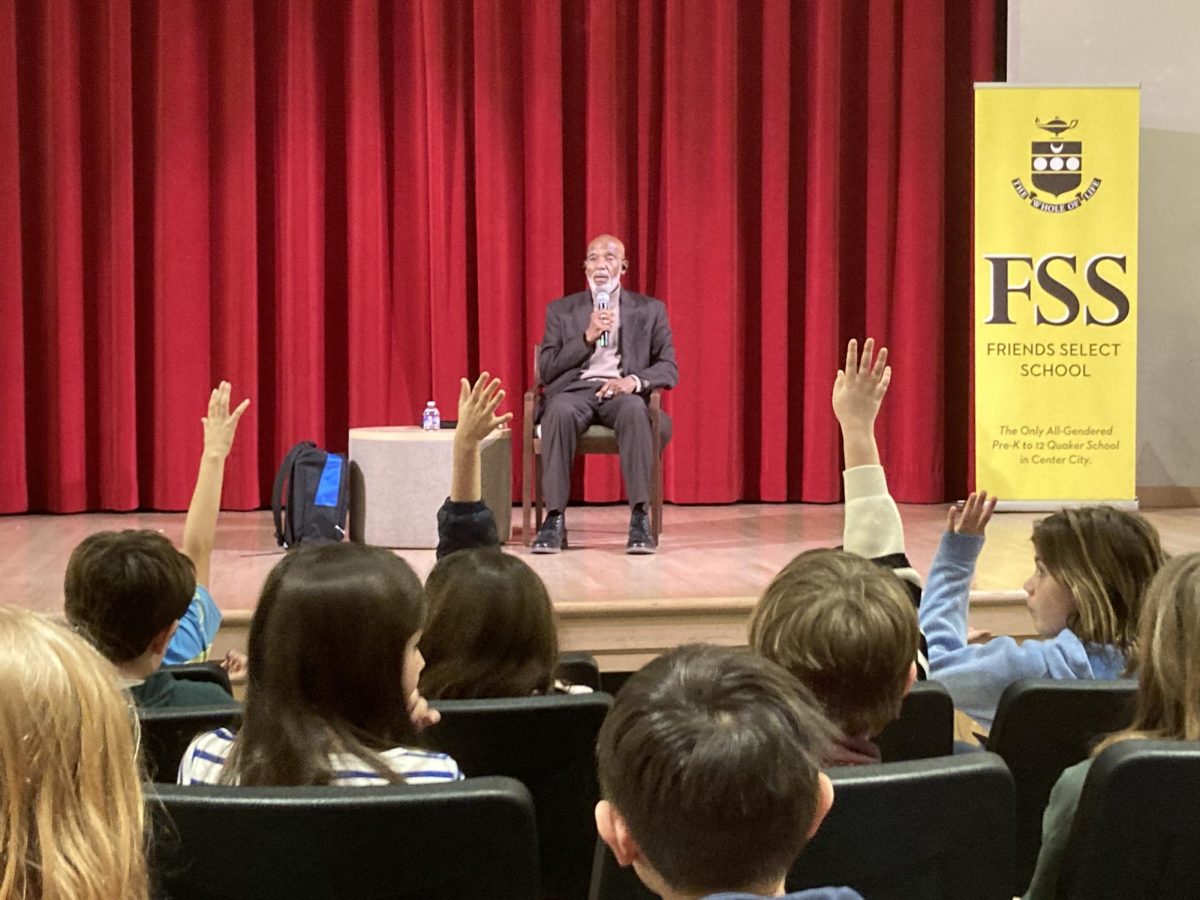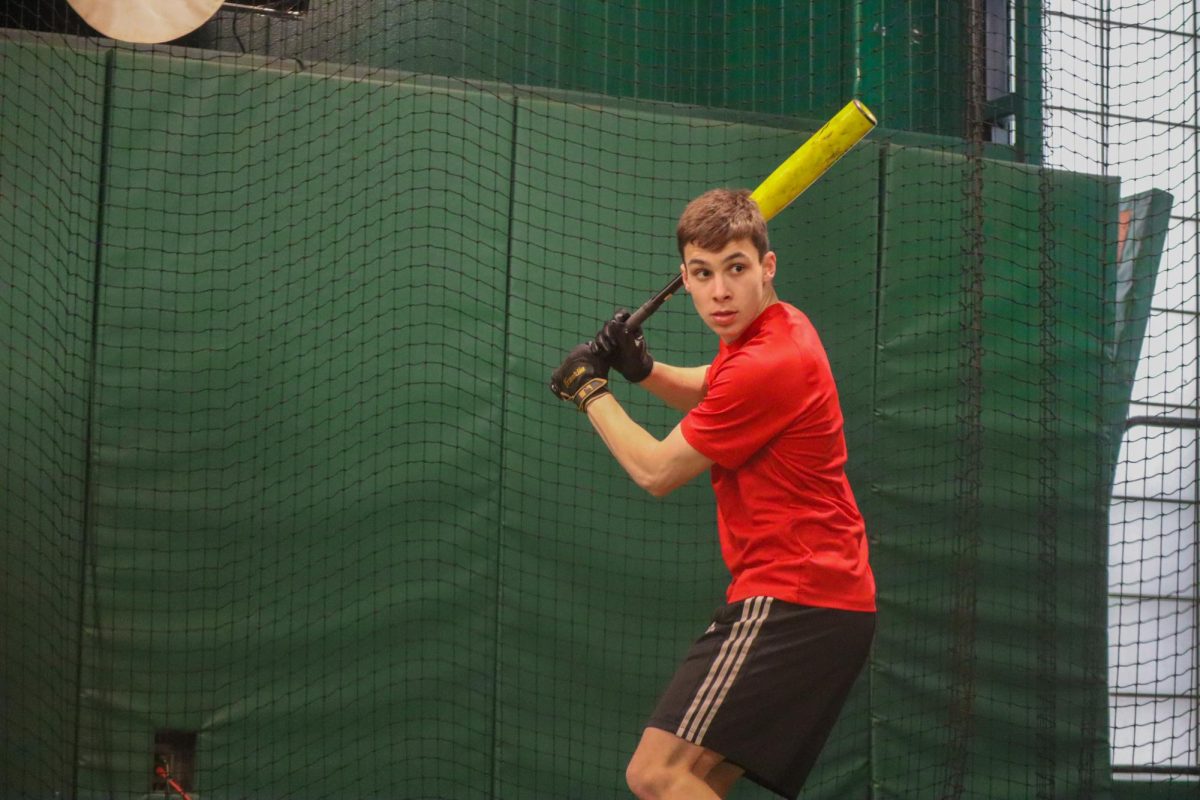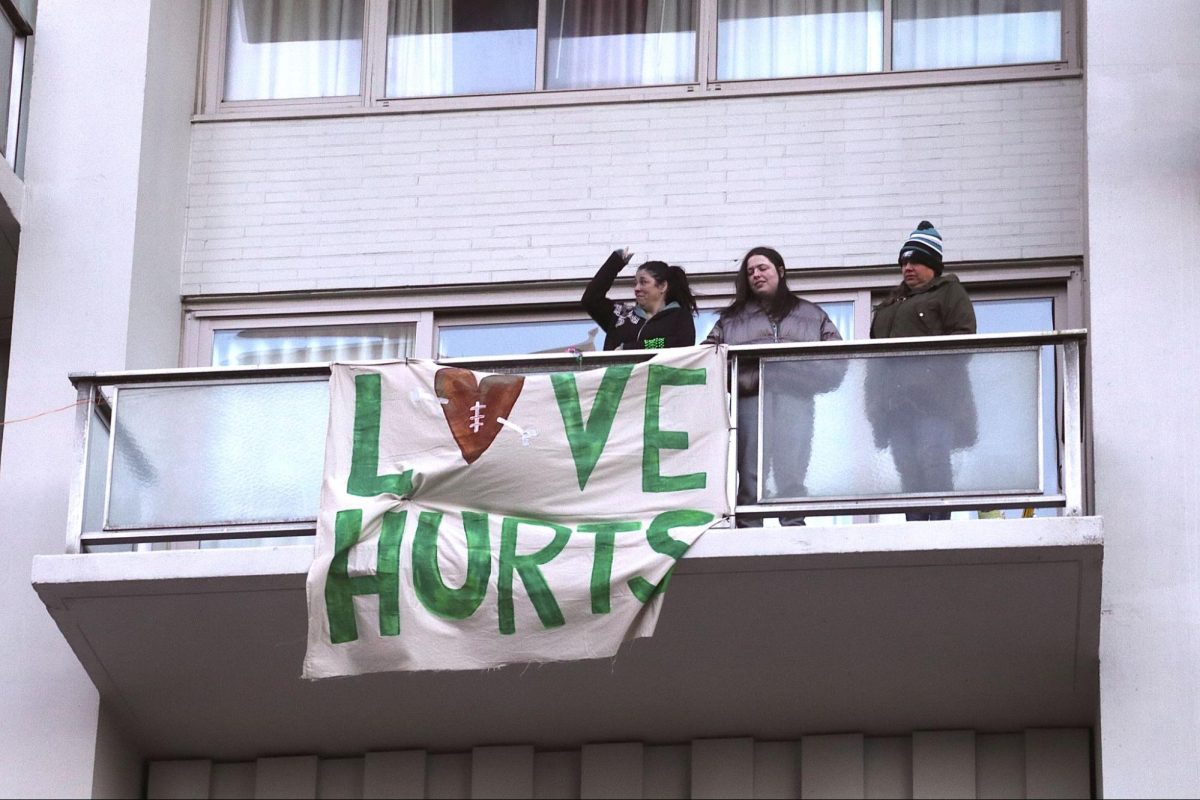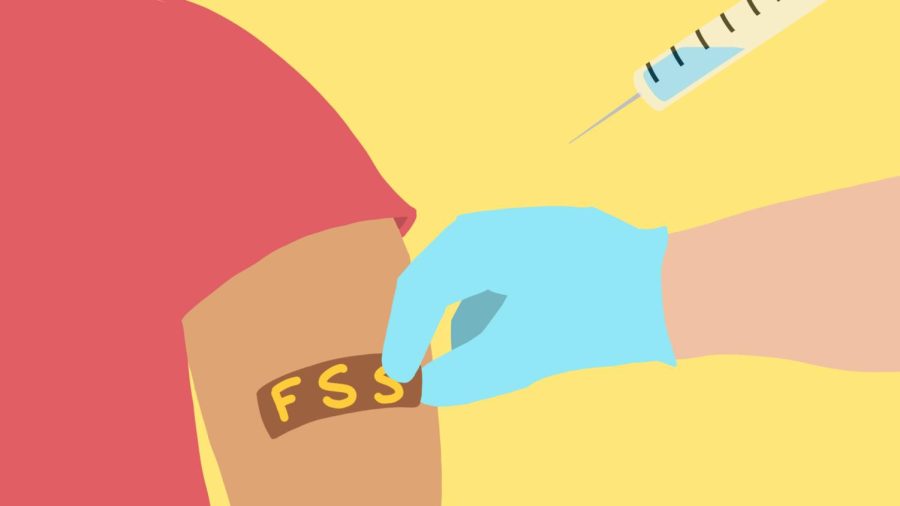Pfizer Vaccine Approval to Impact Lower School Students
On September 20, 2021, Pfizer-BioNTech announced they received encouraging results from its Covid-19 Phase ⅔ trial for children 5-11 ages. Over 300 FSS students from K-6th, in the age group of 5-11, will be soon eligible.
The American Academy of Pediatrics reported that until September 23, more than a quarter of the United States’ weekly coronavirus cases were made up by cases among children, which was a higher infection rate than the rate during the pandemic overall. According to The Philadelphia Inquirer, there were almost ten times greater Covid-19 cases among 5-11-year-old children than those happening in the same period in 2020, possibly due to the highly transmissible Delta variant, the return of in-person school, and the increasing amount of testing.
Pfizer-BioNTech submitted initial trial data for their Covid-19 vaccine in 5-11 ages to the US Food and Drug Administration on September 28 and predicted the vaccine would be available around November. “It is a question of days, not weeks”, said Pfizer Chairman and CEO Albert Bourla.
According to Kelly Papianou, the school nurse, FSS reached a 98% vaccination rate among faculty and students from Grade 7 to Grade 12. There have been 9 Covid-19 cases among lower school and middle school so far this year, a group who are currently ineligible for the vaccine.
“We are going to highly encourage all students to get vaccinated as soon as Pfizer’s study is done and approved by FDA”, Nurse Kelly says.
“If a COVID positive student is in school during their infectious period, we need to quarantine any unvaccinated classmate or close contact for up to 7 – 10 days,” Nurse Kelly says. “Once the younger age group is vaccinated, we will not need to keep as many students out of school. FSS has recently initiated a ‘Test to Stay’ protocol, to help students remain in school instead of an at-home quarantine. This protocol requires any students with an in-school exposure to be tested every other day by me.”
Face coverings, social distancing, daily health screening for students and faculty, and temperature checks all serve to protect students’ safety. Lower school students have a different lunch period than Middle school students, who are vaccinated, preventing transmission.
“I now have access to rapid antigen testing, which allows for the quick identification of any COVID illnesses in school,” Nurse Kelly says. “I would like to host a vaccination clinic as I did for the employees when Pfizer announces vaccine approval for children. I will do what I can to make it easy for everybody, but I would encourage families to not wait for the school to organize a clinic and to get your child vaccinated as soon as possible.”























